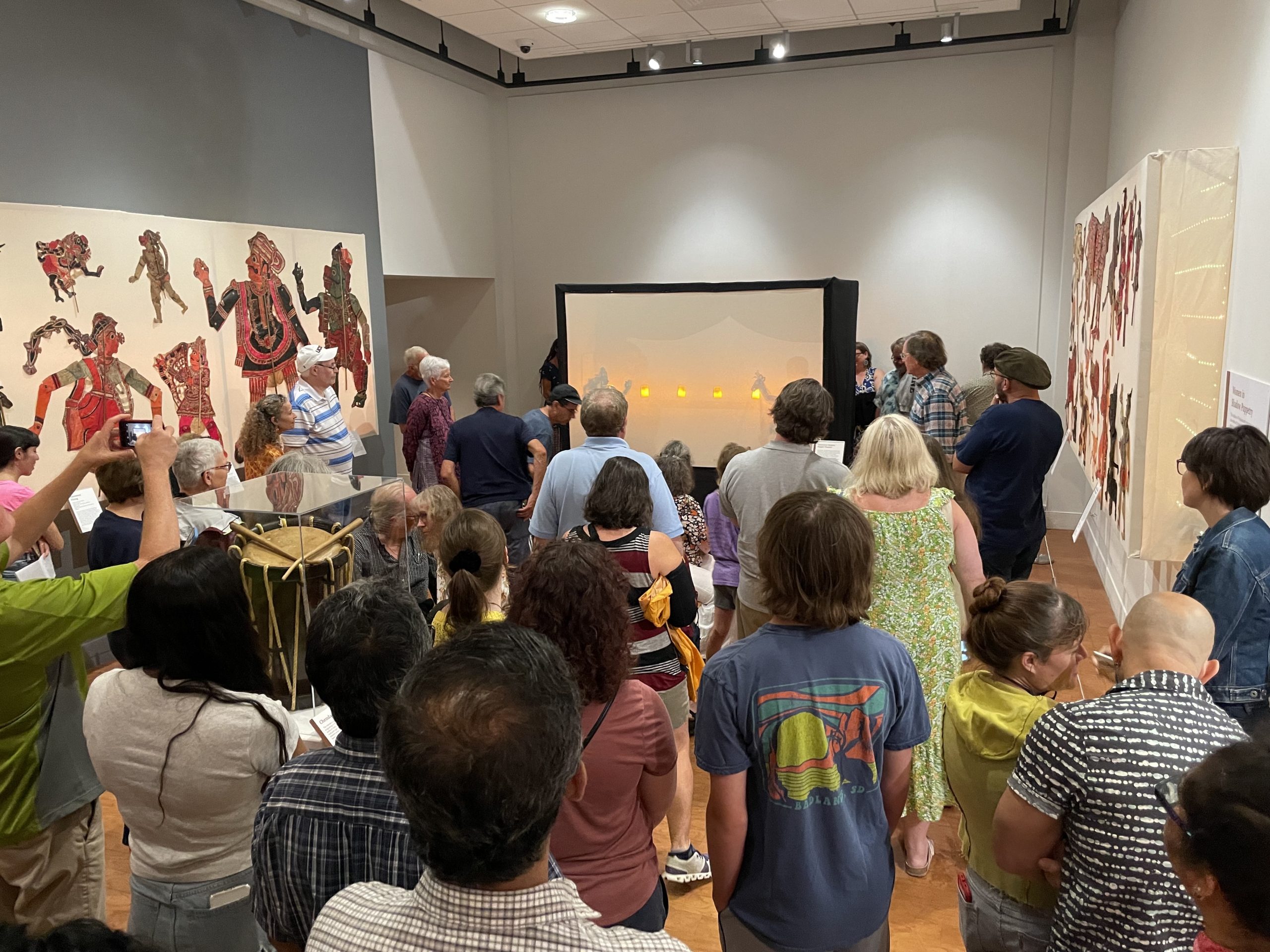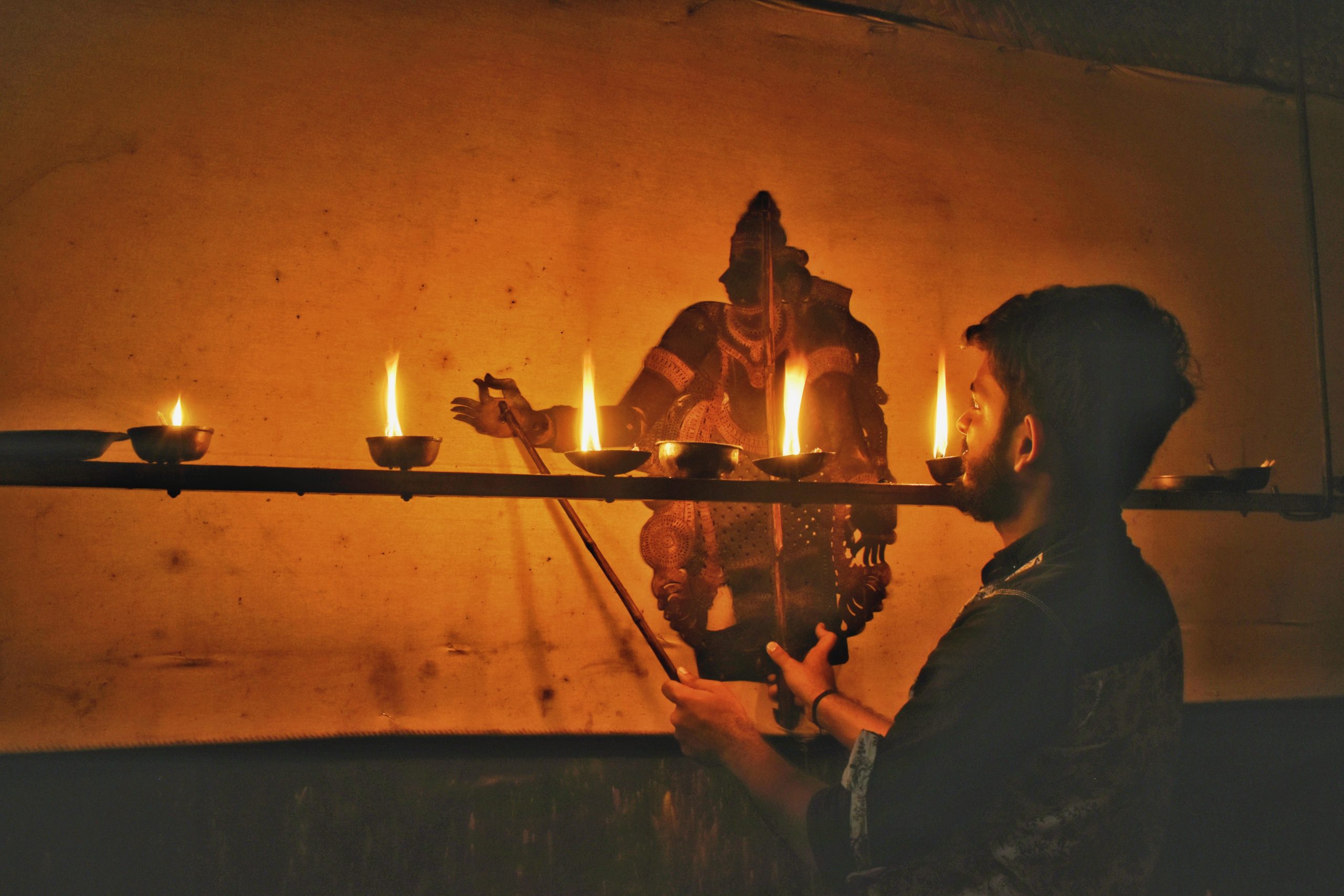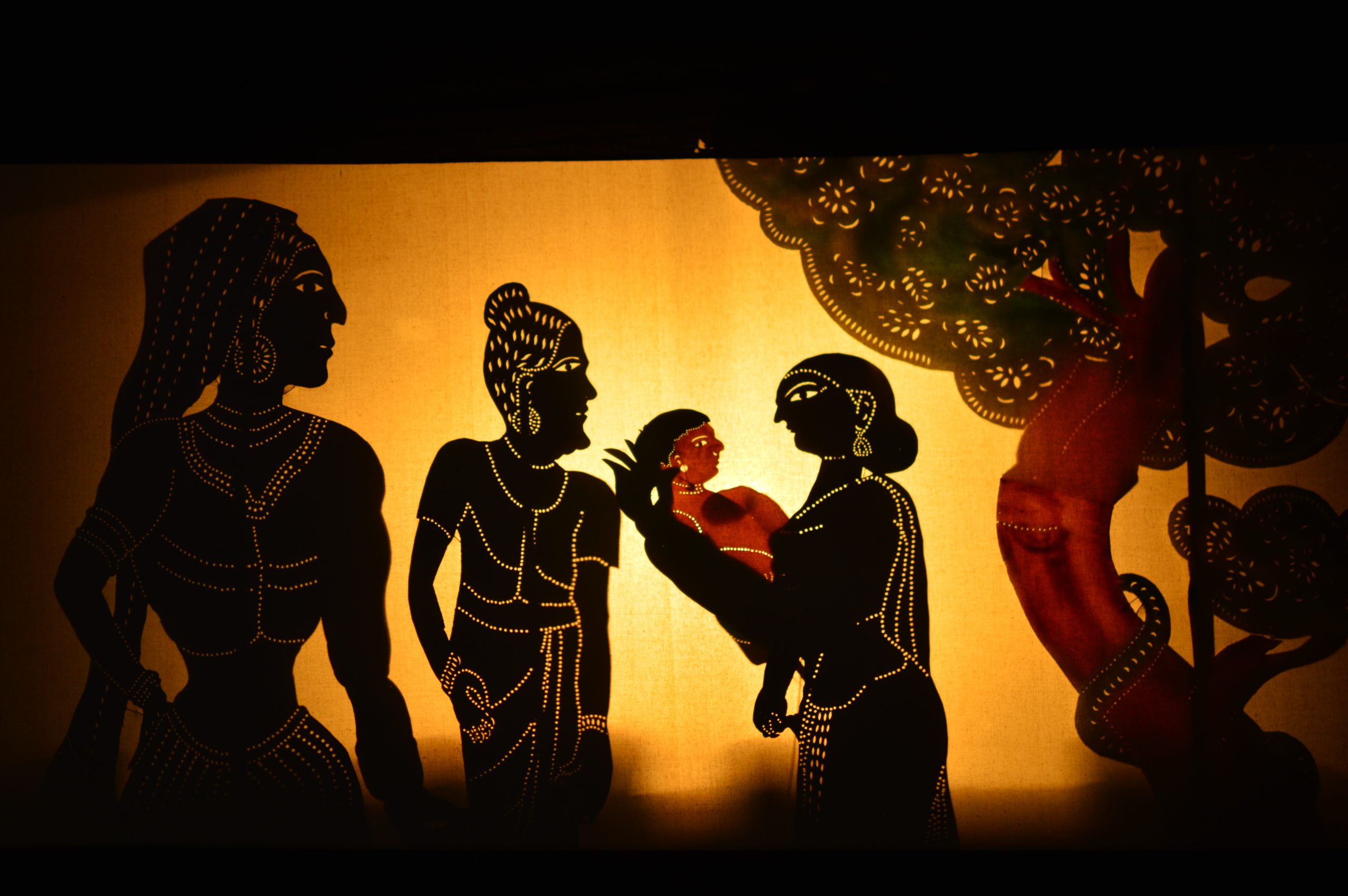UConn is lucky to host Sinéad Murray as this year’s Fulbright Foreign Language Teaching Assistant in Irish (Gaelic). Sinéad is a passionate advocate for the Irish language and for Irish Studies both at home, in Ireland, and among those here abroad who are interested in the history, language and culture of Ireland.
There is a political and cultural battle to keep traditional Irish culture alive within Ireland but the omnipresence of English makes the effort of integrating Irish more difficult. Sinéad explained that an Ghaeilge (Irish) is an official language of Ireland along with English and that all students learn it and over 70,000 use it in their daily lives, but these live mostly in rural areas. She also points to the traditional class politics surrounding the Irish language, which has complicated the status of an Ghaeilge even more, since it has historically been associated with the rural poor. This being said, at the primary-school level, many children in Ireland today are educated in Gaelscoileanna (Irish-language Schools) schools. This was also Sinéad’s experience; her family was committed to transmitting her Irish cultural heritage to her, and her dad especially considers Irish culture indissociable from the spoken language. The development of Gaelscoileanna has helped spread a working knowledge of the language beyond rural counties into urban areas like Dublin, where it has become more fashionable among the highly-educated middle class. Despite these efforts, there has been a slight decrease in the number of people who use Irish in their daily lives over the last few decades, but this trend has been variable since with every generation of parents, teachers, and students new cultural investments become apparent which have turned the tide in other Celtic-language communities in Europe, for instance in Wales or Brittany. Sinéad who is a primary school teacher, plans to return to teaching Irish language to elementary school children in Dublin and it was this commitment to Irish education that prompted her to pursue her MA and venture to the US to fine-tune her experience by teaching Irish at the college level thanks to the Fulbright Program. She just completed masters in ‘Scríobh agus Cumarsáid na Gaeilge’ at University College Dublin in December.
The Irish program is helmed by two very distinguished Irish specialists, Professors Brendan Kane from the departments of History and Litetatures, Cultures, and Languages and Mary Burke of the Department of English. The prominence and reach of the Irish language within the Irish Studies Program at UConn is something that sets it apart, since it is one of the rare places in the US where students can study Old, Early Modern and Modern Irish language and culture. In fact, thanks to the initiatives of Brendan Kane, UConn is now leading an international, multi-institutional effort to recover and codify the Irish language as it evolved in the mediaeval to early modern period. Irish has the distinction of being one of Europe’s oldest, extant written vernaculars and there is an abundant written record of Old (and Middle) Irish documents dating from the sixth to the thirteenth centuries. This distinction earned the attention of nineteenth and early twentieth philologists who longed to trace the origins of Indo-European languages and cultures in Europe. For this reason, Old Irish has been available to scholars in a way that the texts from the period that follow it, the thirteenth to seventeenth centuries, have not been. After the tenth century many European vernaculars began to crystalize and in the geopolitical story that Europeans began to tell themselves, the new languages—English, Italian, French, Spanish, Dutch, Polish, and German—began to take center stage, although this period continued to be a remarkably rich one in terms of Irish cultural production. Scholarly attention moved on, leaving Irish without the supports that help reproduce any language: dictionaries, guides and grammars. Professor Kane has mobilized an international effort partnering with many key institutions in the US including the Universities of Notre Dame and Harvard University as well as many of the major universities in Ireland including Trinity College Dublin and University College Cork, to create a web-based platform, Léamh.org, to develop an online dictionary, grammar and reading guide using texts from the period. Undergraduates, graduate students and Irish specialists have spent thousands of hours scanning and categorizing period manuscripts with software designed to help specialists sort through the data. Thanks to these efforts to introduce people to the language, this year the first Early Modern Irish grammar game will be beta-launched through Greenhouse Studios. This project has had the corollary benefit of creating many links for our graduate and undergraduate programs: a new exchange program with the National University of Ireland, in Galway, coming online that has a strong emphasis on Irish language learning, and Emmet de Barra, an Irish national who did his undergraduate degree at Trinity College, Dublin, is here pursuing an MA degree and working on the Léamh.org platform. Besides teaching introductory Irish here at UConn for a couple of years to help shore up the program, Professor Kane will be co-teaching a course on Irish language and its historical contexts at Harvard University next fall.
Professor Burke, how specializes in Modern and contemporary Irish literature and drama, Irish identities and Irish material history and culture, anchors the literary side of the Irish Studies program. English majors may pursue a concentration in Irish Literature by taking four courses focusing on Irish Literature, Language or History. Every semester, courses in Contemporary and Modern Irish Literature are offered, alongside more specialized courses that touch on subjects like the theater, poetry, and the history of Ireland across three campuses and two departments. The Fulbright Program at UConn has been instrumental in ensuring that Irish language courses are also available every semester (Mary Burke actually sits on the Fulbright National Screening Committee).
The graduate program is prestigious and fairly large for such a specialized program. It is typically home to as many as seven students at a time preparing dissertations in Irish literature or history from the medieval era to the eighteenth-century to the contemporary period. Recent alumni of the program include a current Director of Irish Studies at Villanova, and Heads of the English Departments at Miami University, William Paterson University, and University of New Haven in Connecticut. Most recently Matthew Shelton, a Ph.D. candidate in Irish poetry, was awarded the Krause Research Fellowship for his translations of contemporary Irish-language poet Ailbhe Ní Ghearbhuigh at the American Conference for Irish Studies. The Irish Studies Alliance, a graduate organization sponsors a Working Paper Series and works with faculty to coordinate conference participation at regional and national Irish conferences. An average of three to six public talks or readings related to Irish literature occur every semester at UConn, usually through the English and History Departments. The Gerson Reading, organized by Professor Burke, is a premier event in Irish Studies at UConn. The Gerson Reading has hosted most of the best-known Irish writers of recent years including Colm Toibin, Edna O’Brien, Colum McCann, Paul Muldoon. This year’s reader will be Emilie Pine on March 31 at Alumni House. Emilie Pine is the author of bestseller Notes to Self which is considered the most important Irish memoir in decades.
A variety of extra-curricular societies contribute to keeping the Irish community at UConn vibrant. There is An Cumann Gaelach (Irish Language Society) that serves both undergrads and graduate students; the UConn Irish Club, just for undergraduates; UConn Gaelic Football; UConn Irish Dance and Husky Hurling also for undergraduates. Meanwhile, Sinéad Murray and Dr. Kane run a UNIV course on Irish Culture and there are plans in the works to establish Irish Studies as a minor.
For information for classes next fall, please follow this link


